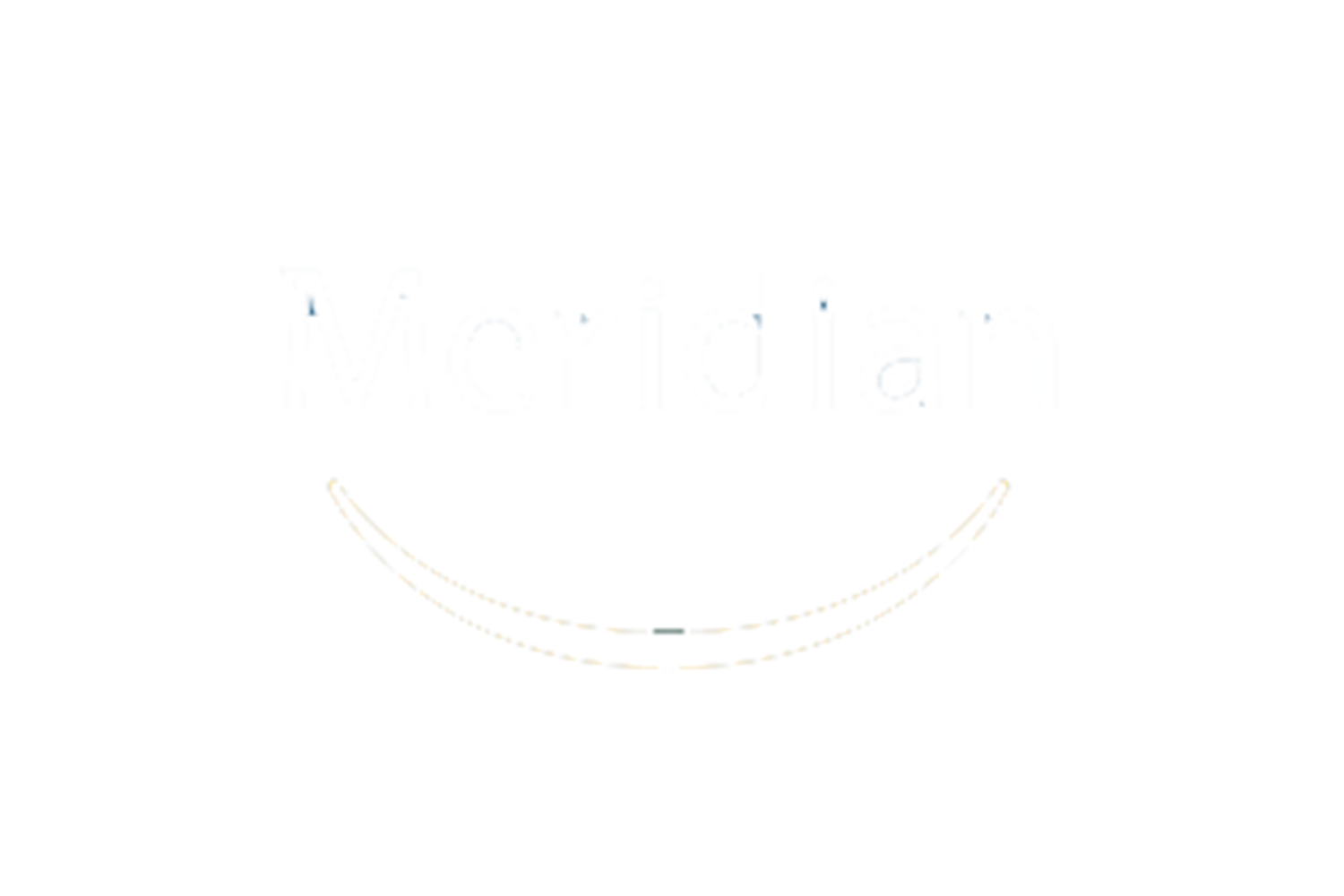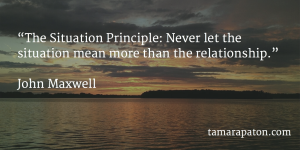

Your response to my last post was overwhelming. Saying thank you doesn’t begin to cover it. Through tweets, comments and e-mail messages, 187 readers shared their own experiences with gaslighting and mind games at work and beyond.
You reminded me that whatever challenges I encounter, my experience is usually mild relative to others. Many of you shared jaw-dropping stories of manipulation, bullying and abuse at work. When I initiated this conversation, I wondered whether my story would resonate with others or sound far fetched. Clearly, I’m not alone.
My original post focused on the tactical steps we can take to overcome these mind games. Many of the messages I received, however, lingered on the emotional subtleties and consequences. This isn’t a “how to” subject, as much as it is one that prompts reflection on vulnerability, resilience and the stories we tell ourselves.
Seeing vulnerability as necessary
In 1910, former President Theodore Roosevelt railed against cynics who looked down at those making the world a better place. He asked us to be vulnerable, to step into the arena:
“It is not the critic who counts; not the man who points out how the strong man stumbles, or where the doer of deeds could have done them better. The credit belongs to the man who is actually in the arena, whose face is marred by dust and sweat and blood; who strives valiantly; who errs, who comes short again and again, because there is no effort without error and shortcoming; but who does actually strive to do the deeds; who knows great enthusiasms, the great devotions; who spends himself in a worthy cause; who at the best knows in the end the triumph of high achievement, and who at the worst, if he fails, at least fails while daring greatly, so that his place shall never be with those cold and timid souls who neither know victory nor defeat.”
Although there are ways to protect ourselves from attack, they often require us to put up walls or shut off emotions. Given boards’ reliance on collaboration, trust and empathy, adopting a defensive stance will limit our effectiveness as directors. Vulnerability introduces risk, but it’s our only path to growth and impact.
Recovering through people and acts
If we can’t avoid being vulnerable, we must strengthen our resolve. When I lost a battle with my gaslighter, I leaned hard on a half dozen friends and family members. In the future, they can expect the same support from me, thinking through options, listening empathetically and calling an end to their mourning period.
External support can also come from surprising sources. When my struggle became known, notes of support from the executive team rallied my bruised ego. They reminded me that I’ve made a positive difference. They shared my disappointment. And they helped me recover from the embarrassment of public setback.
Changing your narrative
Relying on others is critical, because we are generally lousy at lifting our own spirits. Psychologist Dan Gilbert blames weak “affective forecasting,” a fancy term for predicting how one will feel in the future. The overconfident storyteller in our head says “THIS IS TERRIBLE. THE PAIN WILL NEVER END.” (There is hard research suggesting that when my husband says that I’m overreacting, he’s probably right!)
We can rewrite our storyteller’s script by taking action. I got over my recent upset by presenting a facilitation proposal to a potential client. Later in the week, I pitched another organization on a speaking gig. These interactions offered alternate sources of input about my value. Presenting a report to a pro-bono client sealed the deal. As Team RWB founder Mike Erwin shared recently, “we are not defined by our possessions, our accomplishments or our biggest mistakes. Rather, we are defined by our character, our relationships and what we do for other people.”
According to The Godfather, “It’s not personal, Sonny. It’s strictly business.” In my experience, however, it’s always personal. And I have no intention of changing that. Being vulnerable is the basis of the relationships we build on boards. Amid challenges, these ties facilitate the external validation and internal dialogue that foster resilience. Besides, it’s only fitting that we fight destructive mind games with a few of our own.
Thank you for reading! If you found this post useful, please share it with others in your network. Doing so helps my work reach others and would mean so much to me.








